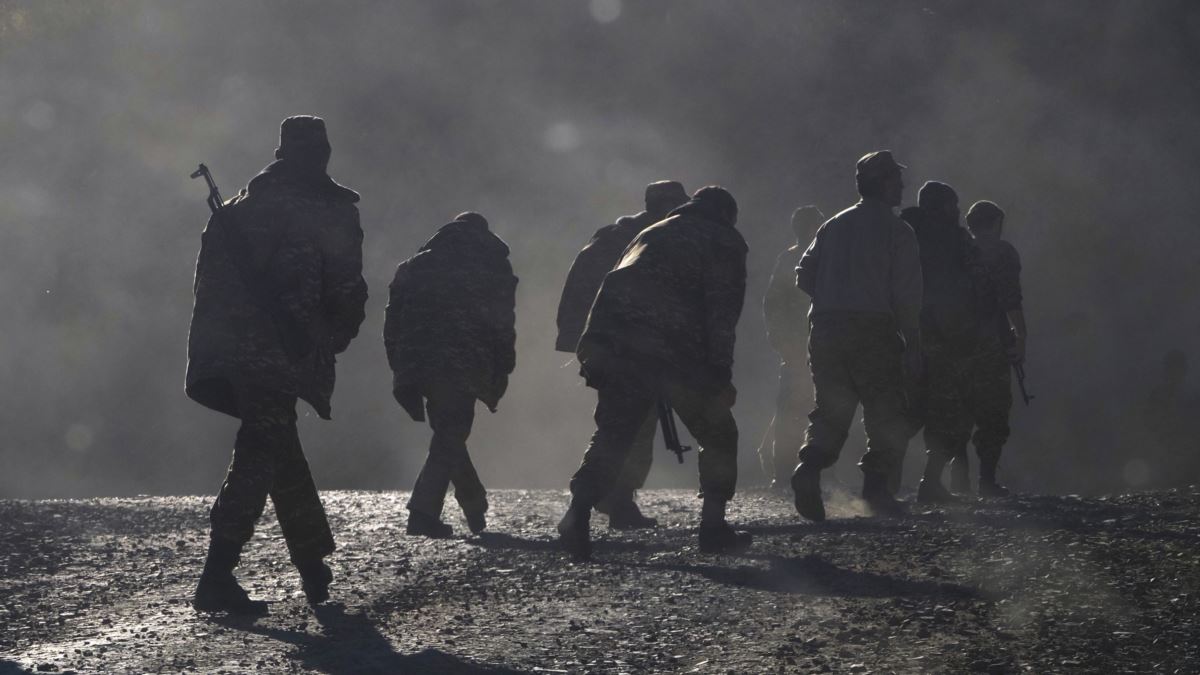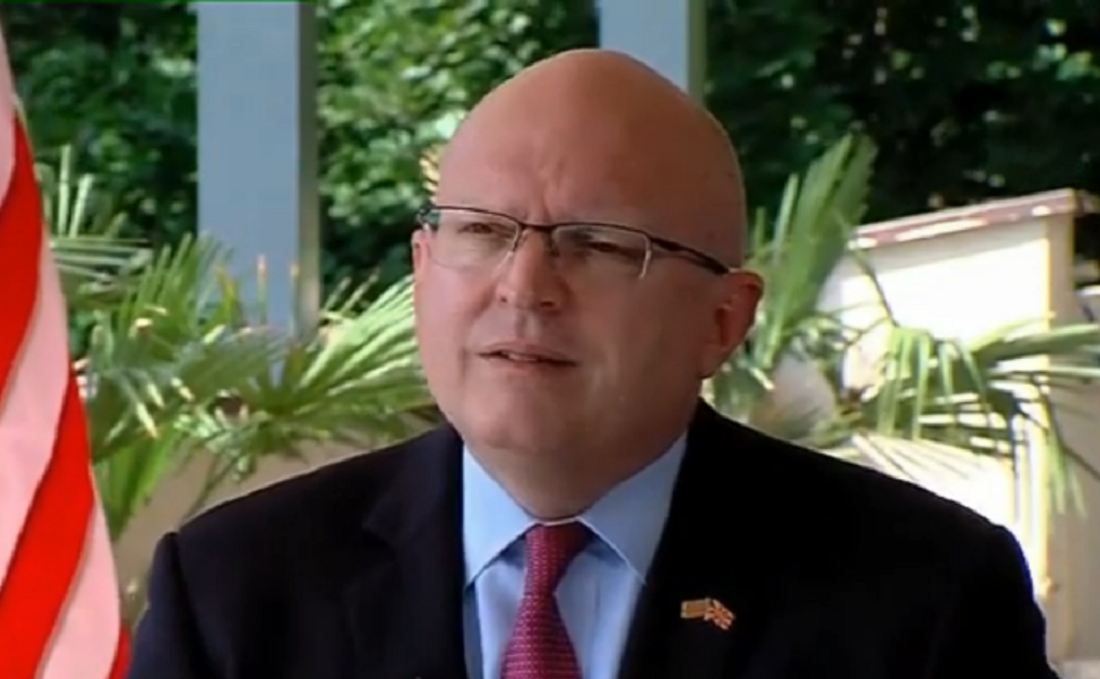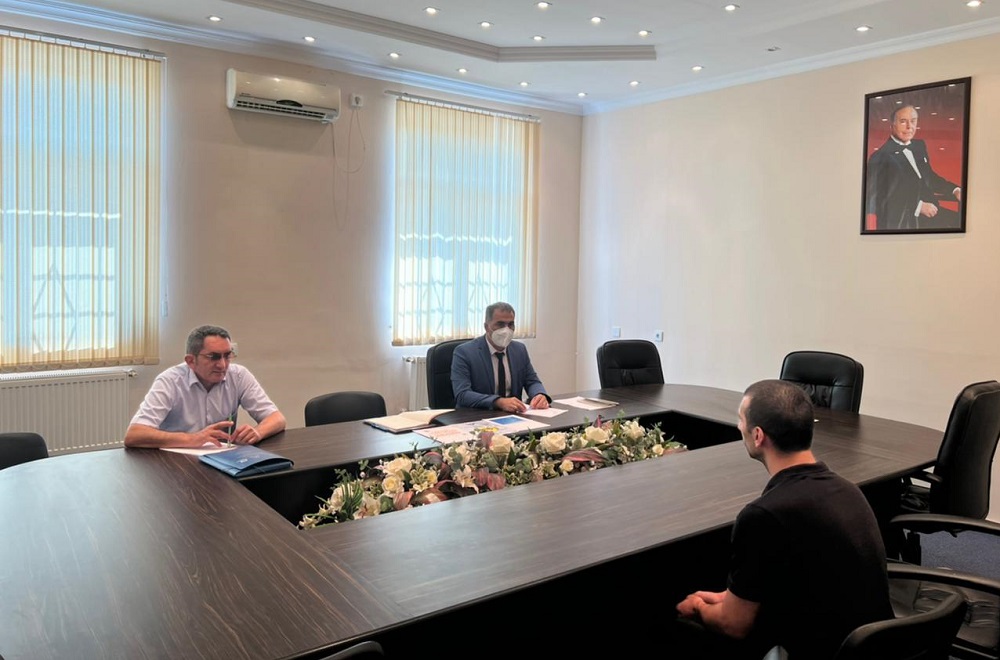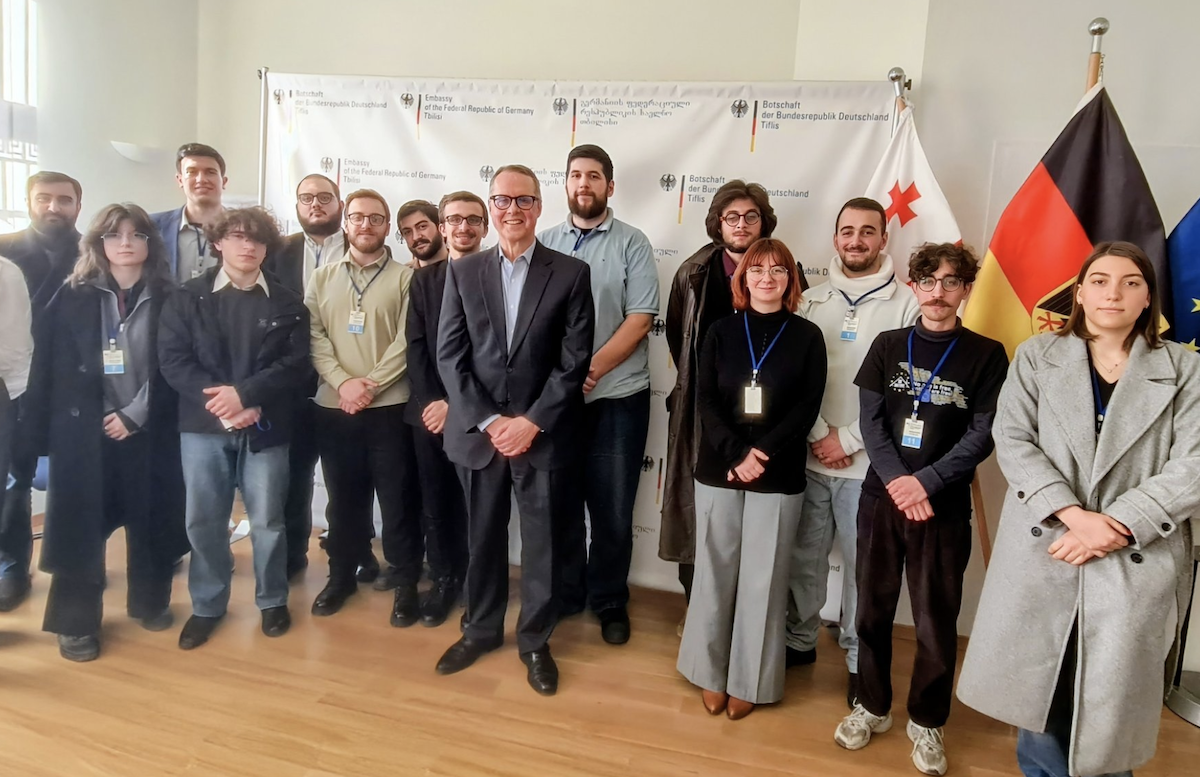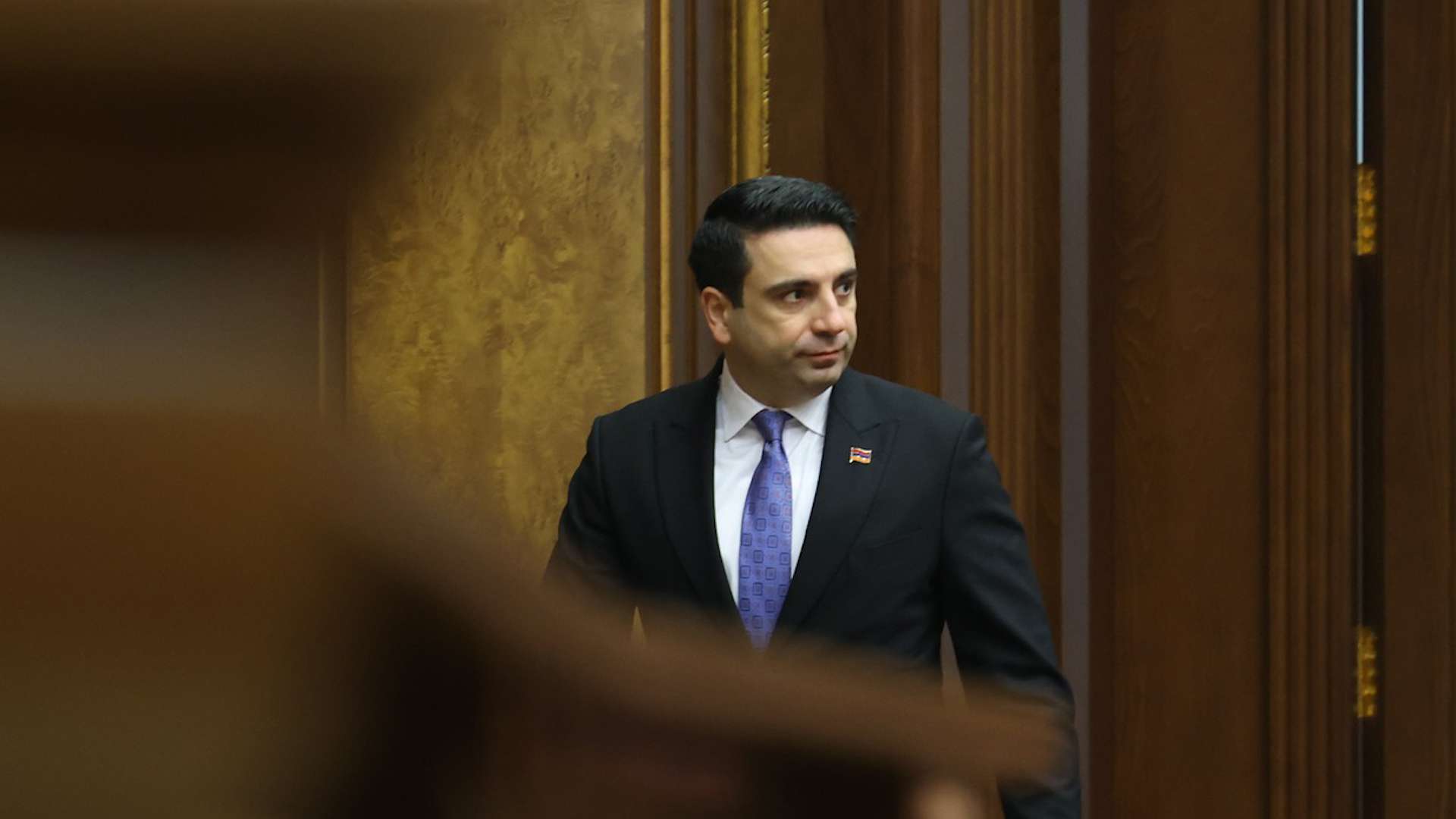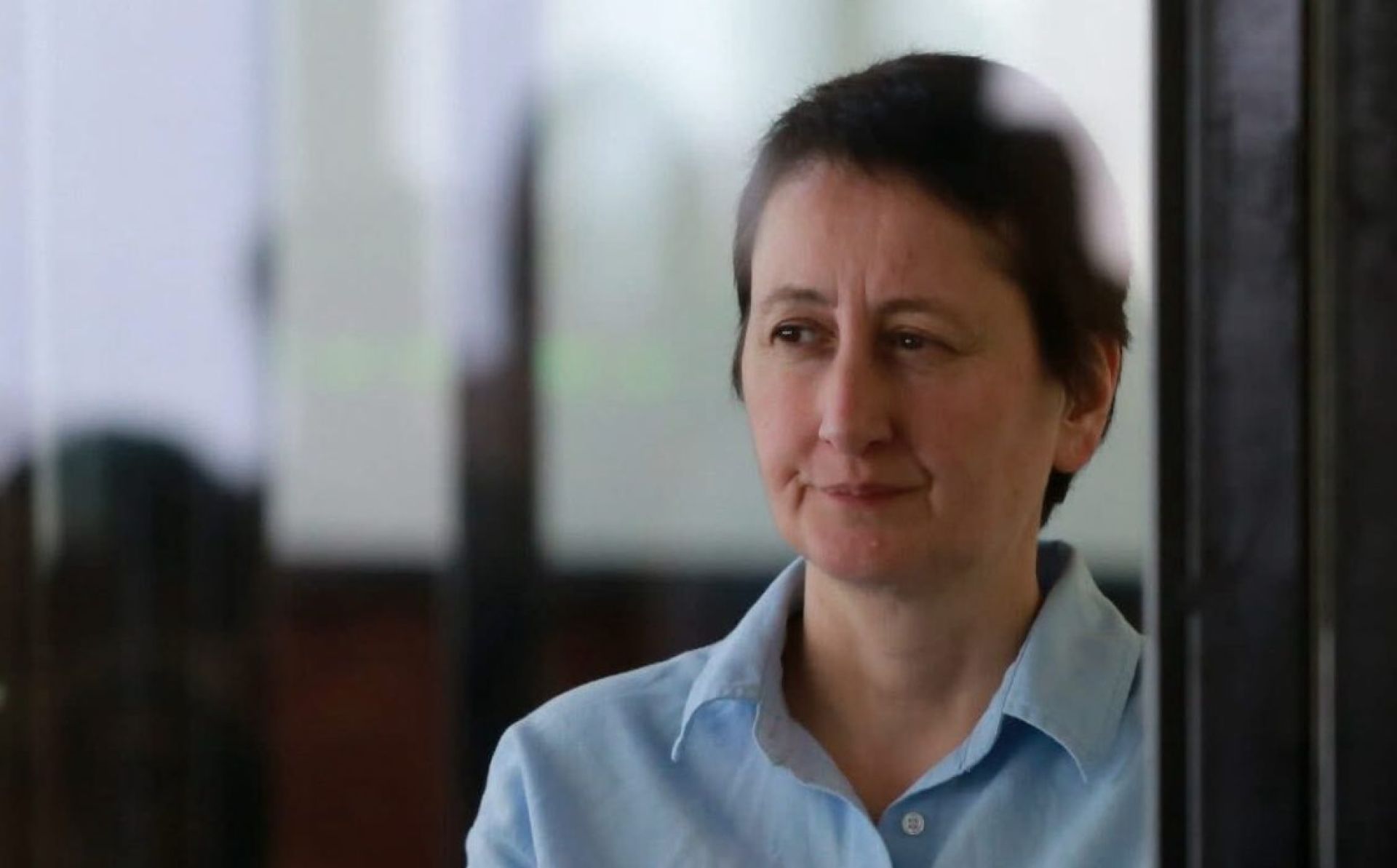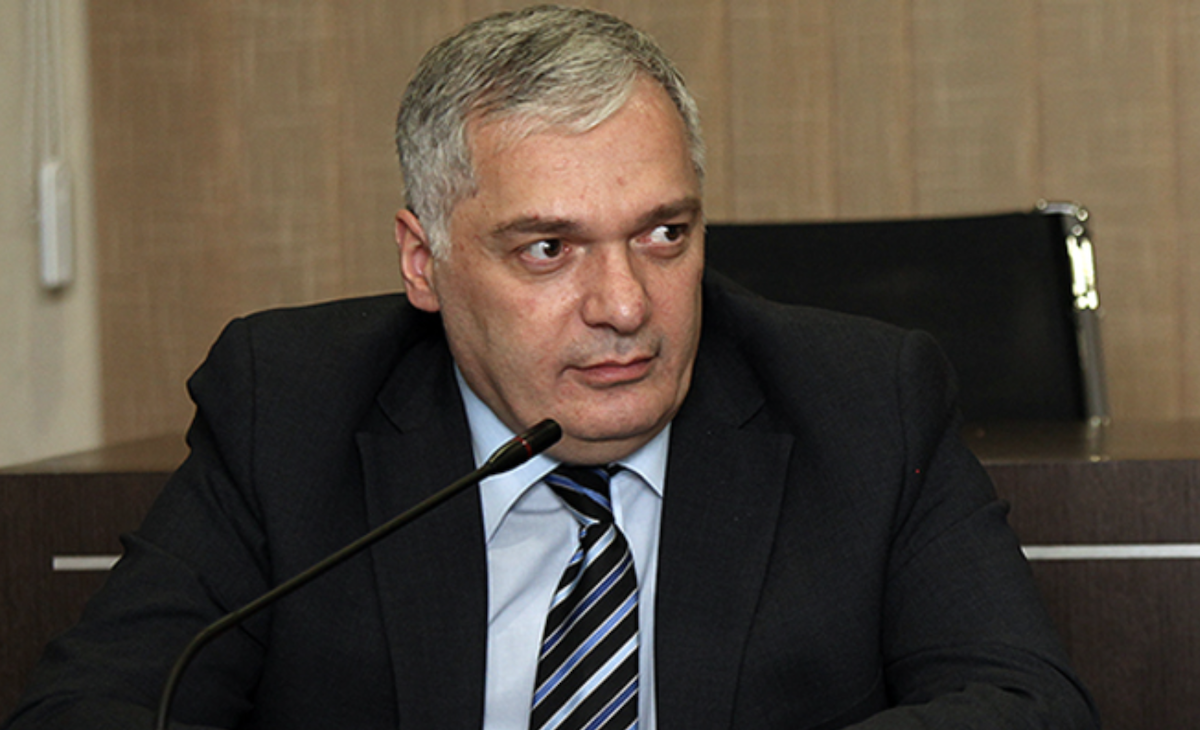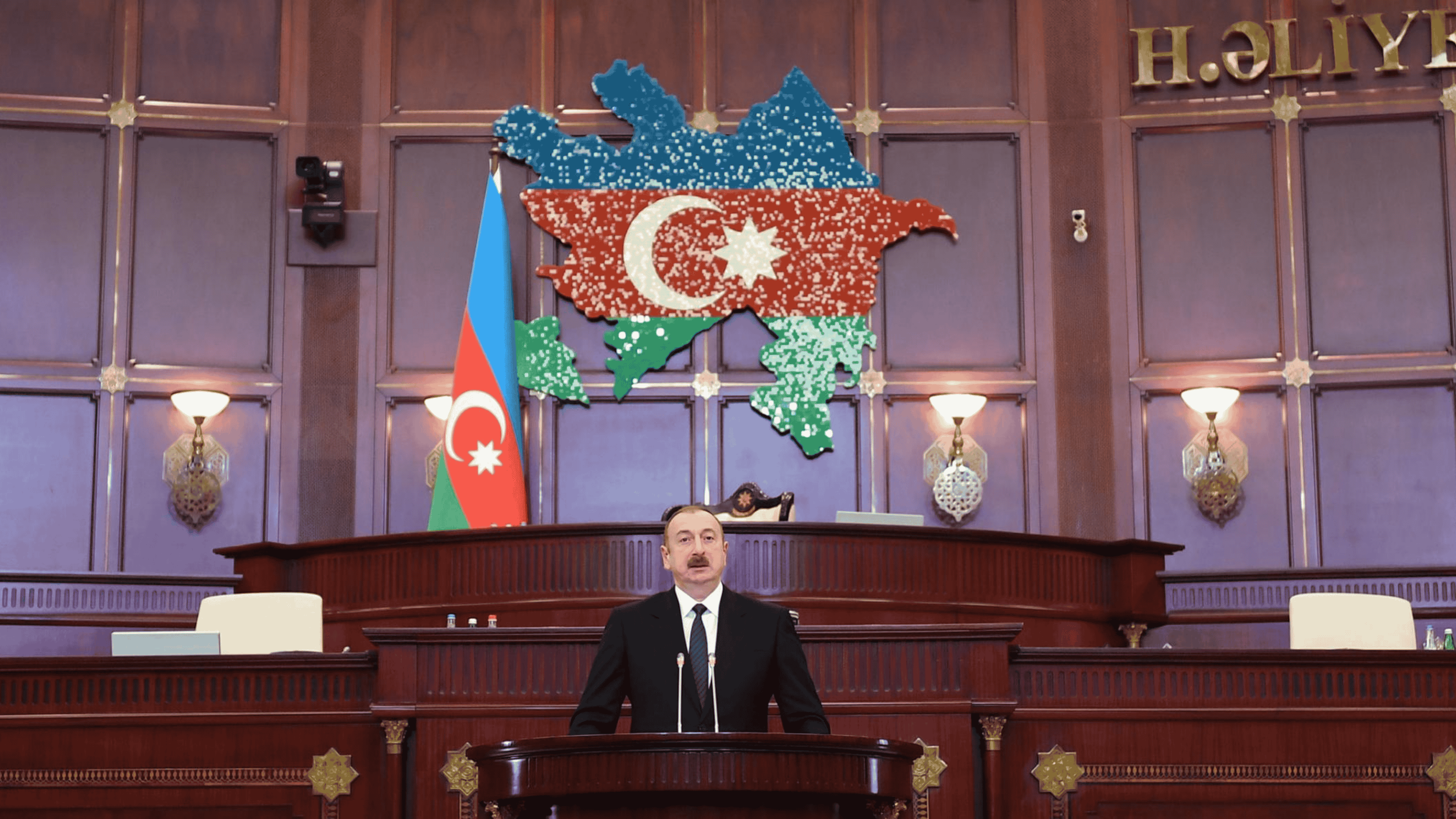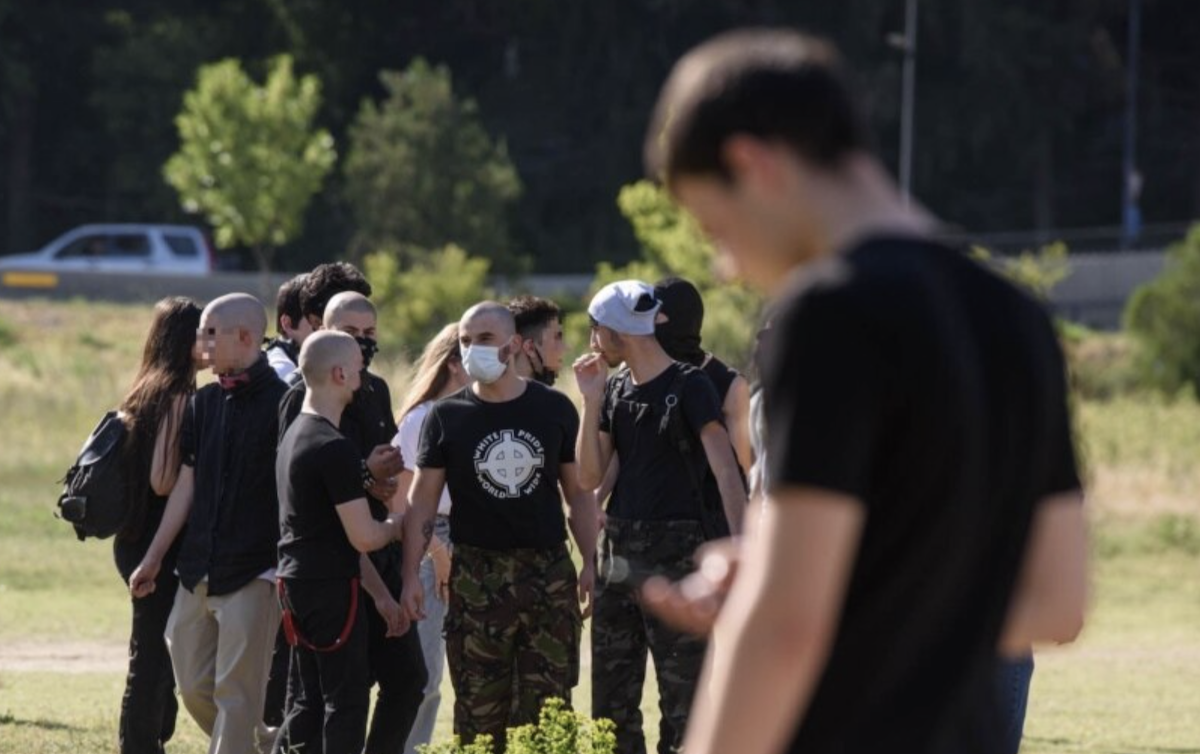Baku returns five Armenian soldiers, but in exchange for what? Opinion from Yerevan and Baku
Baku returns five Armenians
“A step contributing to the normalization of relations” and “the result of the Pashinyan-Aliyev negotiations mediated by the head of the European Council” – these are some official assessments of Baku’s decision to return five prisoners to Armenia. Late evening on September 8, official confirmation was received that Azerbaijan had returned the prisoners. The National Security Service of Armenia published their names.
Before Yerevan confirmed the news, it had circulated for hours in Azerbaijani media. Some reports were of four prisoners; others said five.
All information about the return of Armenian prisoners known at the moment, and expert opinion from from Yerevan and Baku.
- “There are fears of destabilization in the South Caucasus” – Pashinyan
- Geopolitical project: How Armenia lost the war and wound up between world powers
- Signing of a peace treaty “within a few months”? Opinions from Yerevan
The last meeting between the leaders of Armenia and Azerbaijan took place on August 31 in Brussels. The mediator of the talks, President of the European Council Charles Michel, stressed the importance of the release of the Armenian prisoners in a statement afterward. He also promised that the European Union will continue to deal with this issue. However, nothing was reported about having reached a specific agreement.
Until recently, Baku officially confirmed holding only 38 prisoners. But according to Armenian human rights activists, more than 80 prisoners are being held in Azerbaijan. So far, 155 have been returned.
Yerevan’s silence and information from Baku
Until late evening, the Ministry of Foreign Affairs and the Ministry of Defense of Armenia did not confirm or deny news of the return of the prisoners. However, the information was already being disseminated in the Azerbaijani media. Turan news agency reported that the country’s Supreme Court had “reduced the sentences of four Armenian citizens and released them.”
Armenian Defense Ministry spokesman Aram Torosyan said the ministry has not confirmed this information.
Meanwhile, the Azerbaijani State Commission for the Affairs of Prisoners of War, Hostages and Missing Citizens reported:
“The Republic of Azerbaijan, guided by the principles of humanism and based on the agreement reached following the discussions held during the meeting between President of Azerbaijan Ilham Aliyev and Prime Minister of Armenia Nikol Pashinyan on August 31, 2022, and on the initiative of EU Council President Charles Michel, released five prisoners to Armenia.”
The National Security Service not only confirmed the return of the prisoners to their homeland, but also published their names.
“We welcome this action as a step towards the normalization of relations,” the NSS said in a statement.
EU and US welcome return of prisoners
The return of the Armenian captives was welcomed by European Council President Charles Michel, EU Special Representative for the South Caucasus Toivo Klaar, and US State Department spokesman Ned Price.
Michel emphasized that “the return of five Armenians followed discussions in Brussels on August 31.”
“For the first time, the transfer of prisoners takes place in a bilateral format, which is an achievement for Armenia and Azerbaijan. Addressing humanitarian issues is a priority,” Michel wrote on his Twitter page.
Toivo Klaar called the return of the prisoners to Armenia “an important humanitarian gesture,” and Washington called it “a positive development of the peace process between Armenia and Azerbaijan.”
“We hope that all remaining prisoners return home soon, that Azerbaijan and Armenia continue to take steps to build trust and resolve existing differences,” State Department spokesman Ned Price tweeted.
Ombudsman of Armenia: “Decisions of Baku courts are artificial”
According to Armenian human rights defender Kristine Grigoryan, perhaps political negotiations are currently a more effective way to get Armenian prisoners of war back from Baku. But she does not consider it senseless to use other means, such as the question of the legality of their imprisonment.
“Each step brings its own positive effect in order to bring this moment [of the return of prisoners] closer,” she said.
Many of the Armenian prisoners of war were convicted by Baku courts on articles ranging from illegal border crossing to terrorism. According to the Ombudsman, it is obvious that these trials were for show:
“They are not aimed at assessing the criminal act by specific individuals, but at intimidation, exerting psychological pressure both on the family members of the victim’s families and on Armenian society as a whole.”
According to the Ombudsman, the fact that prisoners who are involved in active trials demonstrates the artificiality of the charges.
Commentary from Yerevan
Political observer Hakob Badalyan finds it difficult to say why Azerbaijan took such a step. In his opinion, Michel’s statement immediately after the meeting in Brussels indicates that “there was no specific agreement at that time, it matured in the course of further work.” He recalls the recent Putin-Aliyev and Pashinyan-Putin contacts, and the visits of Armenian ministers to Russia and the United States.
Badalyan considers the return of the prisoners “the result of active diplomatic actions”:
“Information about the return appeared on the day the American co-chair of the Minsk Group arrived in Yerevan, and the Russian co-chair of the Minsk Group was in Baku.”
Badalyan says that Azerbaijan has always tried to use the issue of prisoners as a political play, so the question arises whether this has a political component or not.
According to Badalyan, it cannot be argued that there is some kind of “political agreement or consensus”, but the issue has a right to exist.
Work in the Caucasus has intensified on the issue of unblocking roads. He says that the Caucasus is becoming a strategic area, as economic and logistical plans are being revised.
When asked if Azerbaijan could use the issue of prisoners to bring the Zangezur corridor to life, Badalyan replied that “Baku is unable to advance its agenda politically.”
Azerbaijan demands that Armenia, as far as unblocking roads, provide a “corridor” for its Nakhichevan exclave. The Armenian authorities respond that they are ready to open the roads, but strongly disagree with losing sovereign control thereover, which is what the term “corridor” suggests.
The fault, according to Badalyan, is not only that Yerevan rejects “corridor logic”:
“Azerbaijan’s views do not coincide with Russia’s approach either. It is undesirable for Baku that the border services of the Russian Federation exercise control over its road with Nakhichevan through the territory of Armenia. The perception of Turkey and Azerbaijan is that this road should take place without control.”
According to Hakob Badalyan, only major players can open the Zangezur corridor by military means, and Azerbaijan is just a tool:
“For example, if Russia and Turkey, with the participation of Iran, come to an agreement on creating a new situation in the region. Or some decision is made at the US-Turkey-Azerbaijan level. All these scenarios are, of course, theoretical.
Comment from Baku
According to political observer Agshin Kerimov, the European Union is far from having large political ambitions in the South Caucasus and is developing its interests in the field of human rights and liberal values, and at times allows manipulations in connection with human rights:
“Due to the fact that Azerbaijan managed to strengthen its international positions, Baku’s arguments are more attractive for the European Union. One of the reasons for this convergence of interests is Azerbaijan’s attempts to assume a dominant position in Europe’s energy supply.
“Everyone understands that Azerbaijani gas can become an alternative to Russian gas, although this will take years.
“It is important for the European Union to organize meetings between the leaders of Azerbaijan and Armenia, because in doing so it demonstrates its peace-loving nature, and is taking steps that meet the interests of the United States in order to weaken Russia’s influence in the South Caucasus region.
“Each state, organization, union has its own principles and the definition of a strategic place in the international system goes through loyalty to its principles. Therefore, the European Union is trying to achieve humanitarian results at the meetings between Ilham Aliyev and Nikol Pashinyan.
“The release of five Armenian soldiers reflects the humanitarian aspects of the agreements reached during the Brussels talks, but, naturally, Azerbaijan wants something in return.
“First, Azerbaijan is still seeking accurate maps of minefields in the territories liberated after the second Karabakh war. Secondly, the fate of 4,000 Azerbaijanis who went missing during the first Karabakh war remains unknown.
“But Azerbaijan understands that it is unlikely that Yerevan will be able to achieve clear results on these requirements. Therefore Baku demands from Armenia a silent reaction to the transfer of its positions on the state border to more strategically important points, as well as a constructive position on the fulfillment of the Zangezur corridor project.”
Baku returned five Armenians











